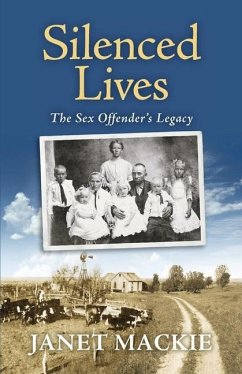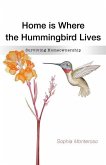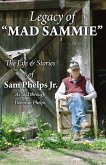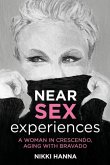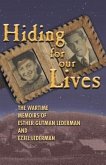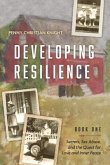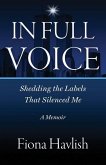A book like Silenced Lives, ...by veteran social worker Janet Mackie, is long overdue. Until now, the public has never had concrete proof that the silent-shame cycle of sexual abuse is responsible for churning out victims, offenders, and enablers generation after generation. Now there can be no doubt. Many "experts" on sexual abuse deny that abuse causes abuse. Perhaps they want to reassure survivors that we are not in danger of becoming "monsters." And they are right that most survivors do not go on to abuse. Still, a disproportionate number of sex offenders were sexually abused as children. Mackie doesn't let this seeming paradox distract her from writing about the actual dynamics and facts of inherited abuse. In Silenced Lives, Mackie puts a human face on sex offenders, survivors, and enablers by inviting us into her family's legacy of "hand-me-down" pain. Mackie was intimately violated by people who were violated by people who were violated by ... and so on. Mackie proves that one generation's abuse caused the next generation's abuse when she depicts idiosyncratic similarities of the abuse rituals that were handed down from one perpetrator to the next. Silenced Lives shows sex offenders hiding away in shame-the very shame they act out during their crimes. If they dared seek help, no one wouldhelp them anyway since conventional wisdom is, "Once a sex offender, always a sex offender." They are considered monsters beyond redemption. Meanwhile, the survivors in Silenced Lives get the message that if they were abused, something must be wrong with them. They are told "We don't talk about such things." So, they don't get the help they need either. Those who suspect or know of abuse don't want to get tainted by the shame associated with it, so they remain silent. And the secret abuse continues. Like Mackie, I was sexually abused as a child. Unlike Mackie, however, I chose to act out the secret shame by perpetrating a sex crime of my own. I don't blame what I did on what happened to me. I made a choice. However, if I had been able to read Silenced Lives before I let my life get totally out of control, I would have understood the cause of my rape fantasies. Both I, and the person I harmed, might have escaped the cycle. Better late than never. That's not what you'll be saying about the ending of "Silenced Lives," though. Painful as the family legacy is, Mackie writes so well you'll want to keep reading even after "the end." And that's as it should be, because, as Silenced Lives makes clear, we are a long way from "the end" of the cycle of abuse. - Paul Hanley, author of Roller Coaster to Hell and Back: A True Story of Sexual Abuse and New Hope.

